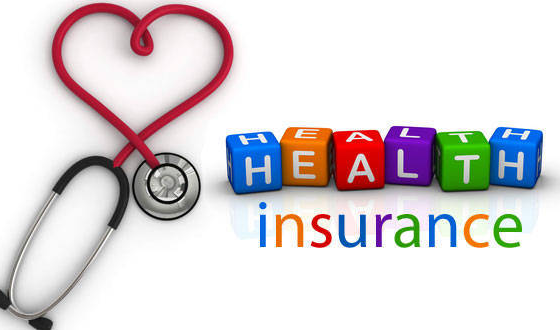Introduction
Globally, heart disease is one of the leading causes of death regardless of age, gender, or lifestyle. Heart despite its popularity continues to be one of the major causes of mortality globally, impacting millions of people because heart disease occasionally progresses silently, however, there are frequent warning signs that should not be disregarded.

Source: Shutterstock
Early detection and treatment of these symptoms can help avoid more serious issues and enhance your general health. We will look at some important heart disease warning signs that you shouldn’t ignore in this blog post.
● Chest Pain or Discomfort
One of the most well-known indicators of heart disease is chest pain, which is frequently characterized as a fullness, squeezing, pressing, or hurting sensation in the middle of the chest. It could continue for several hours or minutes. Causes could be due to angina or heart attack. Seek emergency medical assistance right away if you have chronic chest discomfort, especially if it spreads to your arms, neck, jaw, back, or stomach.
● Abnormal Heartbeat
Heart palpitations, or irregular heartbeats that feel like your heart is rushing, are usually not dangerous. On the other hand, prolonged or frequent episodes of irregular heartbeats may indicate the presence of an underlying heart disease. It is important to get checked out if you have a racing or irregular heartbeat that lasts more than a few seconds or if it is accompanied by additional symptoms like shortness of breath or dizziness.
● Breathlessness
Breathing difficulties, particularly with physical activity, may indicate cardiac issues. Being out of breath is a sign that your heart isn’t pumping blood effectively, especially when you’re at rest or during normal activity.
● Pain in the arm, shoulder, back, neck, or jaw
Not all heart-related pain is felt only in the chest. Some people have pain in their limbs, back, jaw, or neck. This pain frequently originates in the chest and spreads. It may come and go and be either dull or sharp.
● Swelling
Ankle or leg swelling may be an indication of heart failure. An inefficient cardiac pump can cause swelling in the ankles, feet, legs, or abdomen, which can result in an accumulation of fluid in the body, this swelling is referred to as edema. It is important to pay attention to unexplained swelling, particularly if it gets worse over time. If accompanied by breathlessness or chest pain, you promptly obtain medical assistance.
● Cough
Heart failure may be indicated by a chronic cough, particularly while you are lying on your back.
● Sweating
One of the most typical signs of a heart attack is cold sweats.
● Nausea and Vomiting
Chest pain may sometimes be accompanied by nausea and vomiting. Heart disease, particularly in women, may cause symptoms such as nausea, indigestion, or stomach discomfort that can be misdiagnosed or self-managed as gastrointestinal problems. Do not ignore any stomach pain, feeling of indigestion, nausea, or vomiting particularly if it is accompanied by additional heart-related symptoms such as shortness of breath or chest pain.
● Dizziness or Lightheadedness
Feeling lightheaded or faint may indicate a heart condition. Dizziness can occur when your blood pressure drops due to inadequate blood flow to your brain from your heart. Heart valve issues can impair blood flow and result in lightheadedness, particularly while exerting oneself. Additionally, your brain may not be getting enough oxygen from an irregular heartbeat, which can induce lightheadedness or even fainting.
● Fatigue
Sudden weakness or unexplained exhaustion may be early indicators of heart issues. Abnormally high levels of fatigue or weakness may indicate cardiac disease especially if you haven’t worked yourself too hard. This occurs as a result of your heart’s difficulty pumping enough blood to meet your body’s energy needs.
Conclusion
Your heart is one of your most vital organs—protecting it should be a top priority, heart disease is often a silent condition, with symptoms that may not seem alarming at first. However, paying attention to your body and recognizing these warning signs early can make a significant difference in your overall health and longevity.
If you experience any of these symptoms, especially if they are sudden or severe, seek immediate medical attention. A heart attack is a medical emergency, and prompt treatment can significantly improve your chances of survival. While these are common symptoms, consulting a healthcare professional for a proper diagnosis is important. They can evaluate your symptoms and determine whether further testing is necessary.
Wellahealth provides accessible and affordable healthcare coverage that allows you to get prompt heart care and management from professionals for as low as#2400/quarter. To subscribe to our affordable plans for you and your loved ones, contact us today!
Dr. Ifeoma M. Uduh, Dr. John Afam-Osemene






